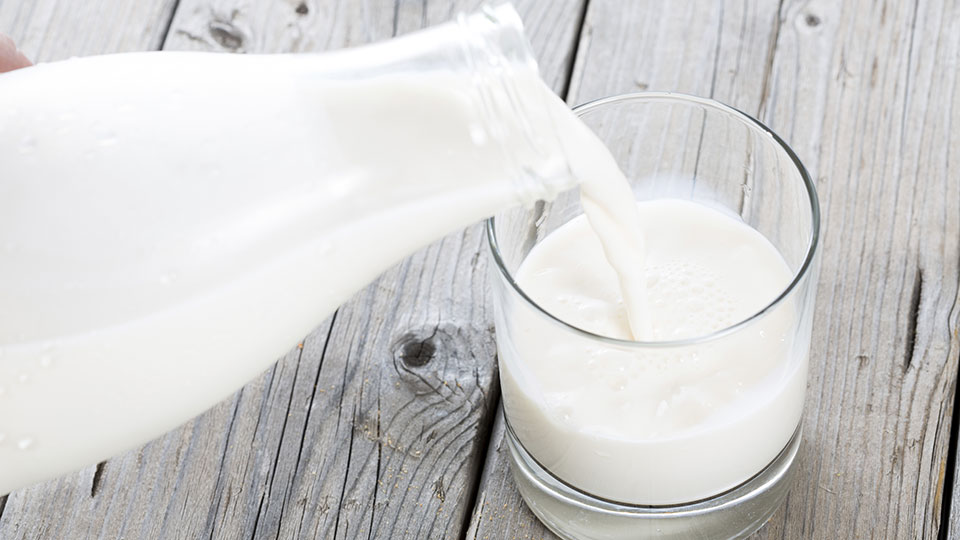Is it true that you should avoid drinking milk when you have the cold? Doctor answers

Amid the ongoing rainy season, the Department of Health (DOH) earlier this month reported an increase in influenza-like illnesses (ILIs) cases in the Philippines.
ILIs are a group of illnesses that present with common symptoms such as fever, cough, sore throat, colds, body aches, and headaches.
According to DOH data, a total of 9,491 cases were recorded from July 28 to August 10, which was 55% higher compared to the 6,124 cases logged from July 14 to 27.
The Health Dept. also warned the public about the spread of illnesses that could become more common amid the rains, giving some advice on what to do in such situations.
Among the many recurring ideas that resurface during the cold and flu season is the belief that drinking milk can promote the formation of more mucus, which aggravates respiratory issues. This belief has influenced how many approach their diet during sickness, with some completely avoiding dairy.
But Dr. Guilberto Feliciano from DOH’s Bureau of Quarantine straightforwardly clarified matter, saying research has proved this otherwise. This is all just a myth.
“There’s no correlation between the increased phlegm production or mucus production when it comes to milk intake,” the physician told GMA News Online. “So I don’t think we should stop giving, especially the kids, except [if] may problem [with milk].”
When asked why such belief in dairy started, he explained it is because of the sensation some people get when their saliva is mixed with milk, which creates a thick liquid that coats the mouth and throat. The feeling is mistaken for the production of extra mucus and phlegm.
“Because of the viscosity, they thought na it will create more mucus. Actually, it does not. Dairy products or milk is still a fluid, which has minerals and very beneficial,” he said.
An article by Dr. Ian M. Balfour-Lynn of London's Royal Brompton Hospital, published on the BMJ Journals, also concluded there is no evidence that milk causes excessive mucus secretion.
He noted that milk is an emulsion of fat in water, so when it mixes with saliva, which has mucins that give it a thick and slippery texture, the mixture makes the fat droplets clump together, making it feel thicker.
“This may explain why so many people think there is more mucus produced when in fact it is the aggregates of milk emulsion that they aware of lingering in their mouth and throat,” the article said, adding the size and speed of these clumps differ from person to person, which is why not everyone experiences the same effect.
According to the article, the first attempt "to obtain real evidence was published in 1948 in California, USA" by Ray M. Moose, who studied 647 people by organizing them according to their milk consumption. He found no difference in mucus complaints among the groups.
Speaking to GMA News Online, Feliciano clarified that increased mucus production is caused by an infection in our bodies that affects the respiratory system, where mucus is formed.
“Bacterial, viral, or fungal infection—any of those will increase mucus production within the respiratory system,” he said.
As a piece of advice, Feliciano stressed the importance of patients seeking proper information through their physicians.
“Because the physicians are the ones who are really trained and who are really adept to the new research and the newer information that will be more beneficial rather than going through other people or even Google that might derail them from the actual information. It might cause alarm for them, and sometimes it’s not very beneficial, it might be deterrent also,” he said.
Besides, drinking milk daily could improve one's mental well-being — and reduce the risk of depression — which is important, especially when one is down with the cold.
— LA, GMA Integrated News



